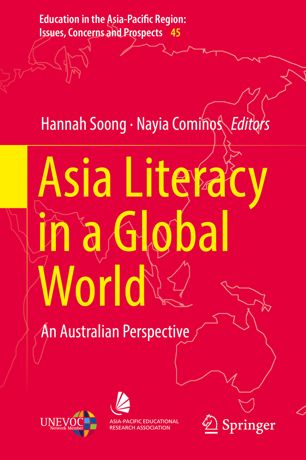

Most ebook files are in PDF format, so you can easily read them using various software such as Foxit Reader or directly on the Google Chrome browser.
Some ebook files are released by publishers in other formats such as .awz, .mobi, .epub, .fb2, etc. You may need to install specific software to read these formats on mobile/PC, such as Calibre.
Please read the tutorial at this link: https://ebookbell.com/faq
We offer FREE conversion to the popular formats you request; however, this may take some time. Therefore, right after payment, please email us, and we will try to provide the service as quickly as possible.
For some exceptional file formats or broken links (if any), please refrain from opening any disputes. Instead, email us first, and we will try to assist within a maximum of 6 hours.
EbookBell Team

0.0
0 reviewsThis book is particularly timely in light of continuing international efforts to integrate Asia literacy into a national educational system where understanding of Asia – its languages, cultures, histories, and beliefs – is still at an emergent stage for a nation that is evolving into what George Megalogenis refers as ‘an Eurasian society’ (2015).
The contributors to this collection range from the pioneers who created and developed the Asia literacy research space, to those who bring additional new theoretical insights through disciplines such as linguistics and ethnography. Their analysis has resulted in recommendations to develop a deeper understanding of working and living in diverse communities. The book also brings together theoretical perspectives on the current Australian socio-cultural and political context and how that can impact on pedagogical advancement in Asia literacy.
The book argues for a broadening focus on what the outcomes Asia literacy in a global world can be for all Australians and offers counter narratives to the myth of a homogenous ‘White Australian culture’, to provide new ways of engaging with curriculum and pedagogy that transcend superficial awareness of multiculturalism to embrace realistic and reflective principles of global education.